The American Journey {Chapter 17} ~ Reconstruction Review
1/53
There's no tags or description
Looks like no tags are added yet.
Name | Mastery | Learn | Test | Matching | Spaced |
|---|
No study sessions yet.
54 Terms
Reconstruction
The reorganization and and rebuilding of the former Confederate states after the Civil War (page 495)
Radical
Extreme (page 496)
Amnesty
The granting of pardon to a large number of people (page 496)
Freedman
A person freed from slavery (page 497)
Black Codes
Limited the rights of freedmen
Impeach
To formally charge a public official with misconduct in office (page 502)
Override
To overturn or defeat, as a bill proposed in Congress (page 500)
Scalawags
Name given by former Confederates to Southern whites who supported Republican Reconstruction of the South (page 506)
Sharecropping
Rented small plots of land and received a portion of the crop given by the landowner at the end of each year, which resulted in slave-like conditions
Integrate
To end separation of different races and bring into equal membership in society (page 507)
Corruption
Dishonest or illegal actions (page 505)
Carpetbaggers
Name given to Northern whites who moved to the South after the Civil War and supported the Republicans (page 505)
Commission
A group of people directed to perform some duty (page 511)
Reconciliation
Settling an agreement or coming together again (page 509)
Cash Crop
Farm crop rasied to be sold for money (page 515)
Grandfather Clause
A clause that allows individuals who did not pass the literacy test if their fathers of grandfathers had voted before Reconstruction began; an exception to the law based on preexisting circumstances (page 515)
Literacy Test
A method used to prevent African Americans from voting by requiring prospective voters to read and write and a specified level (page 515)
Lynching
Putting death to a person by the illegal action of as mob (page 516)
Poll Tax
A tax of fixed amount per person that had to be paid before the person could vote (page 515)
Segregation
The sedation or isolation a race, class, or group (page 516)
Ten Percent Plan
Lincoln's first plan for accepting the Southern states back into the Union, when 10% of the voters of a state took an oath of loyalty to the Union, the state could form a new government and adopt a new constitution the and to ban slavery (pages 495 and 496)
Louisiana, Arkansas, and Tennessee
3 Southern States established government under the Ten Percent Plan (page 496)
Radical Republicans
A group of Republicans that favored a more tough and extreme approach to Reconstruction (page 496)
Thaddeus Stevens
A leading Radical Republican, declared that Southern institutions "must be broke up and relaid, or all our blood and treasure has been spent in vain" (page 496)
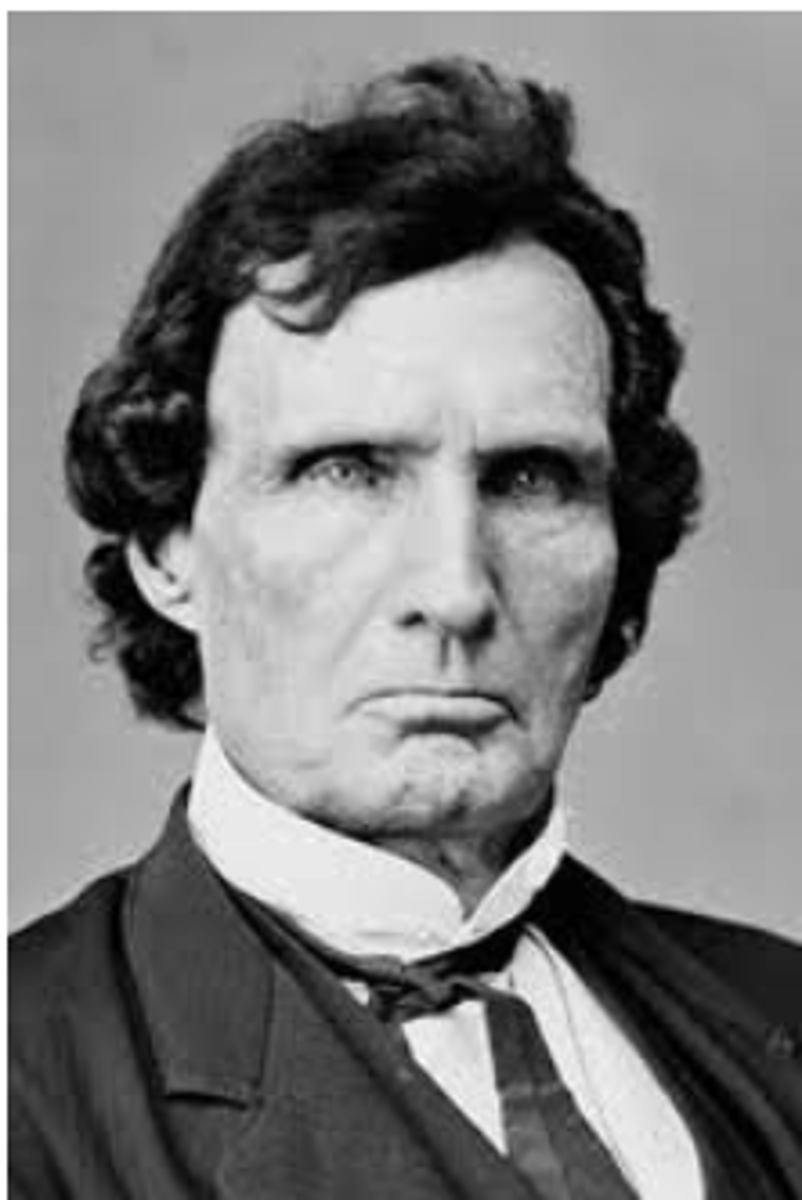
Wade-Davis Bill
A bill passed by Congress that offered a much harsher plan than Lincoln's Ten Percent Plan, 50% of white males in a state had to swear loyalty to the Union, Lincoln refused to sign (page 496)
Freedmen's Bureau
Congress and the president established this new government agency to help former enslaved people, was actually part of the army, played an important role in helping African Americans make the transition to freedom (page 497)
What the Freedman's Bureau did
Distributed food and clothing, provided medical services, established schools, gave aid to new institutions of higher learning, helped freed people acquire land, offered African Americans free transportation to the countryside, helped obtain fair wages (page 497)
John Wilkes Booth
Assassinated Lincoln (page 497)
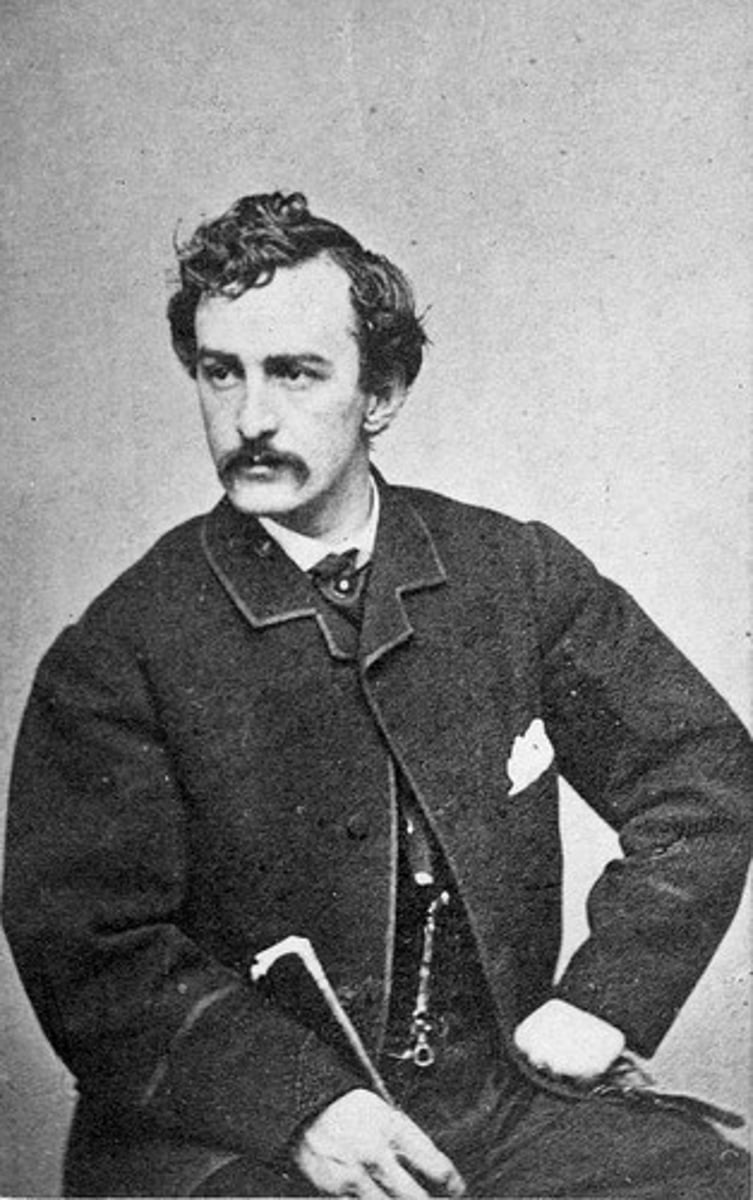
Andrew Johnson
Lincoln's Vice President, became president after Lincoln died, formally a democratic senator from Tennessee, the only Southern senator to support Lincoln during the Civil War (page 498)
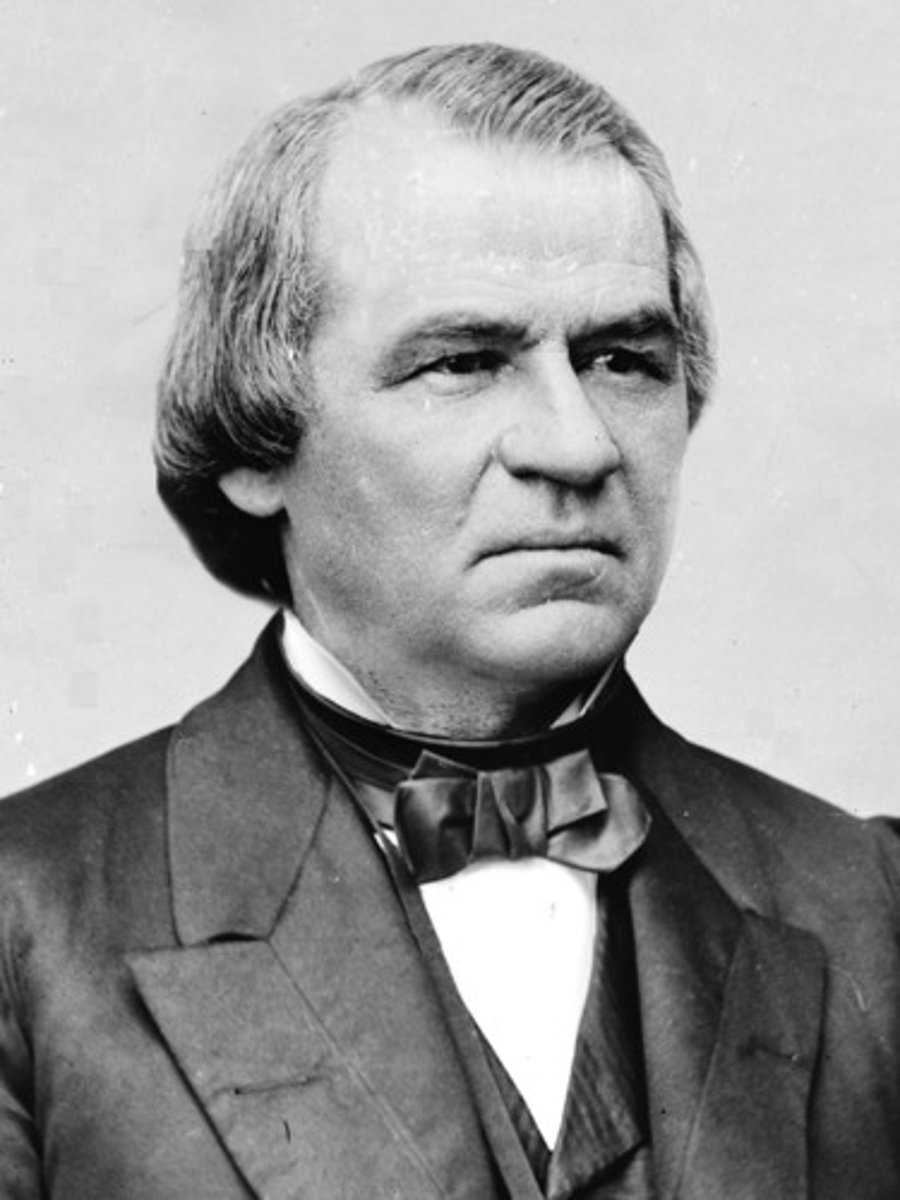
Thirteenth Amendment
This amendment to the Constitution was passed by Congress in January 1865, abolished slavery in all parts of the United States (page 498)
Civil Rights Act of 1866
Granted full citizenship to African Americans, gave the federal government the power to intervene in state affairs to protect their rights, overturned black codes (page 500)
Fourteenth Amendment
This amendment to the Constitution was passed by Congress in June 1866, but only one of the Southern states ratified it; it was delayed until it's adoption in 1868, granted citizenship (pages 500 and 501)
First Reconstruction Act
Act passed by Congress on March 2, 1867; called for the creation of new governments in the 10 Southern States that have not ratified the Fourteenth Amendment, divided the 10 Southern States into 5 military districts until the new governments were formed, guaranteed African American Males the right to vote, prevented former Confederate leaders from holding political office (page 502)
Second Reconstruction Act
Act passed after First Reconstruction Act, required the military commanders to begin registering voters and to prepare for new state constitutional conventions (page 502)
Tenure of Office Act
Act passed by Congress in March 1867, one of the laws Congress passed to limit the president's power, prohibited the president form removing government officials without the Senate's approvals, violated the tradition that presidents controlled their cabinets (page 502)
Edwin Stanton
Suspended and removed from office by Andrew Johnson without Senate's approval, which made Johnson get impeached (page 502)
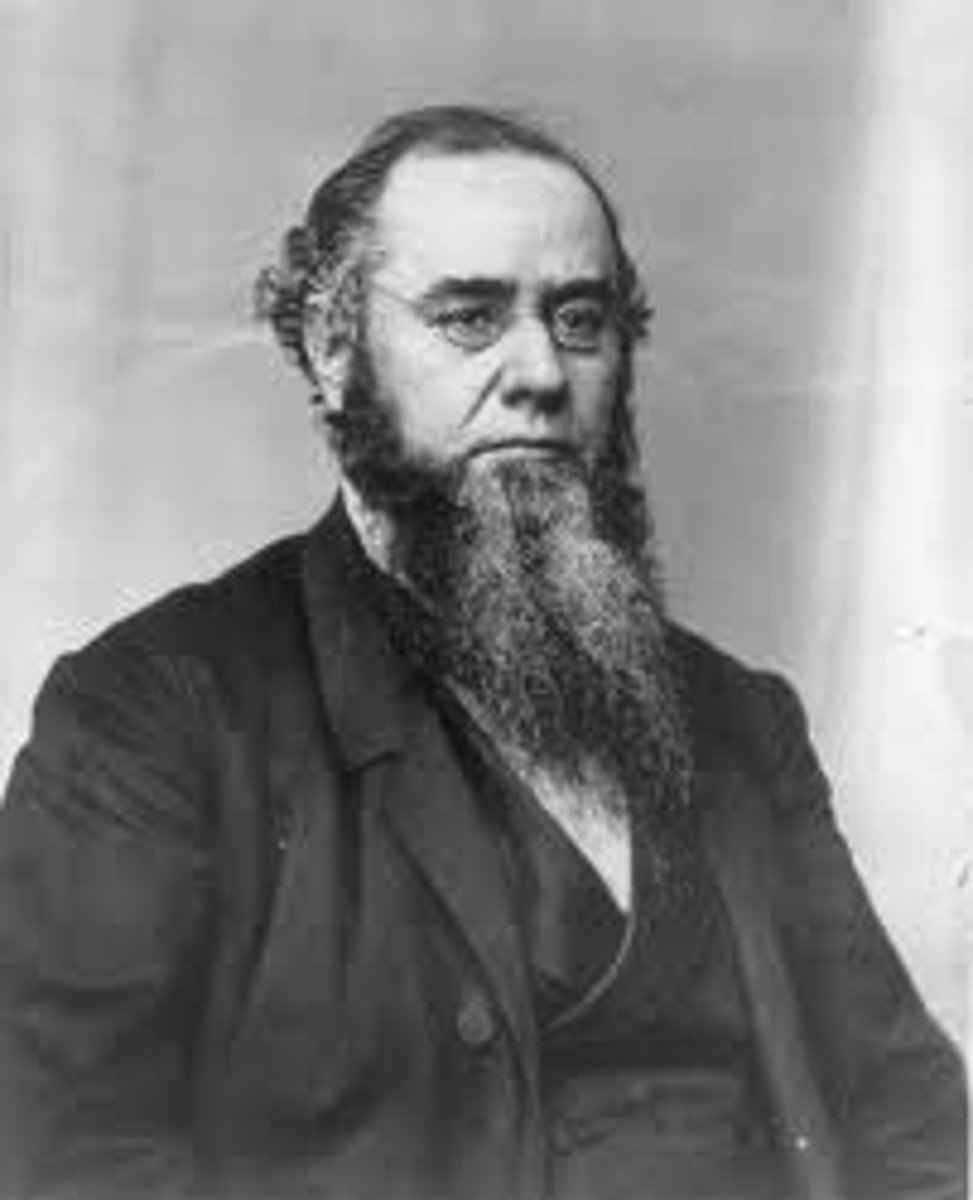
Ulysses S. Grant
Civil War Hero, 18th President (page 503)
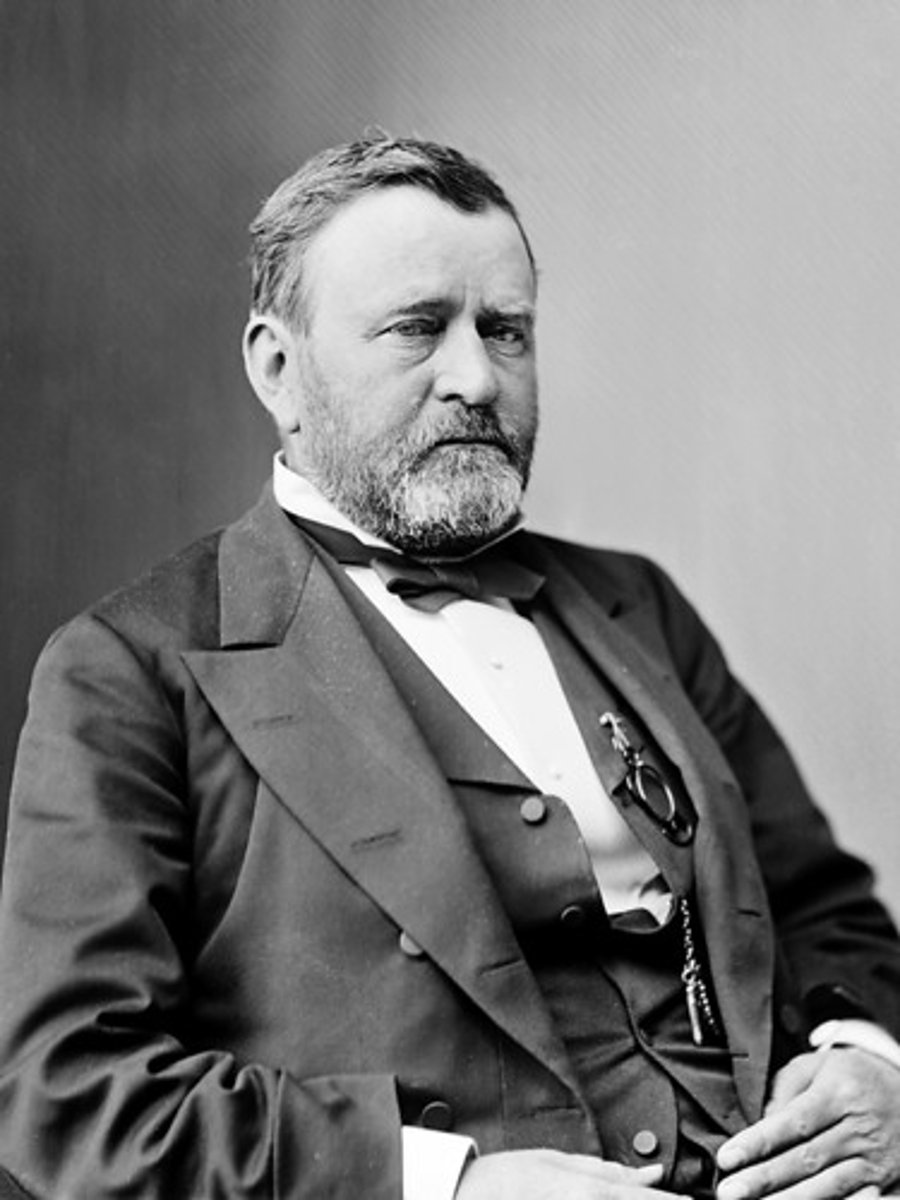
Fifteenth Amendment
This amendment to the Constitution was passed by Congress in February 1869, prohibited state and federal governments from denying the right to vote to any make citizen because of "race, color, or previous condition of servitude" (page 503)
Hiram Revels
An African American Senator that recruited African Americans for the Union army and started a school for freed African Americans during the Civil War (page 505)
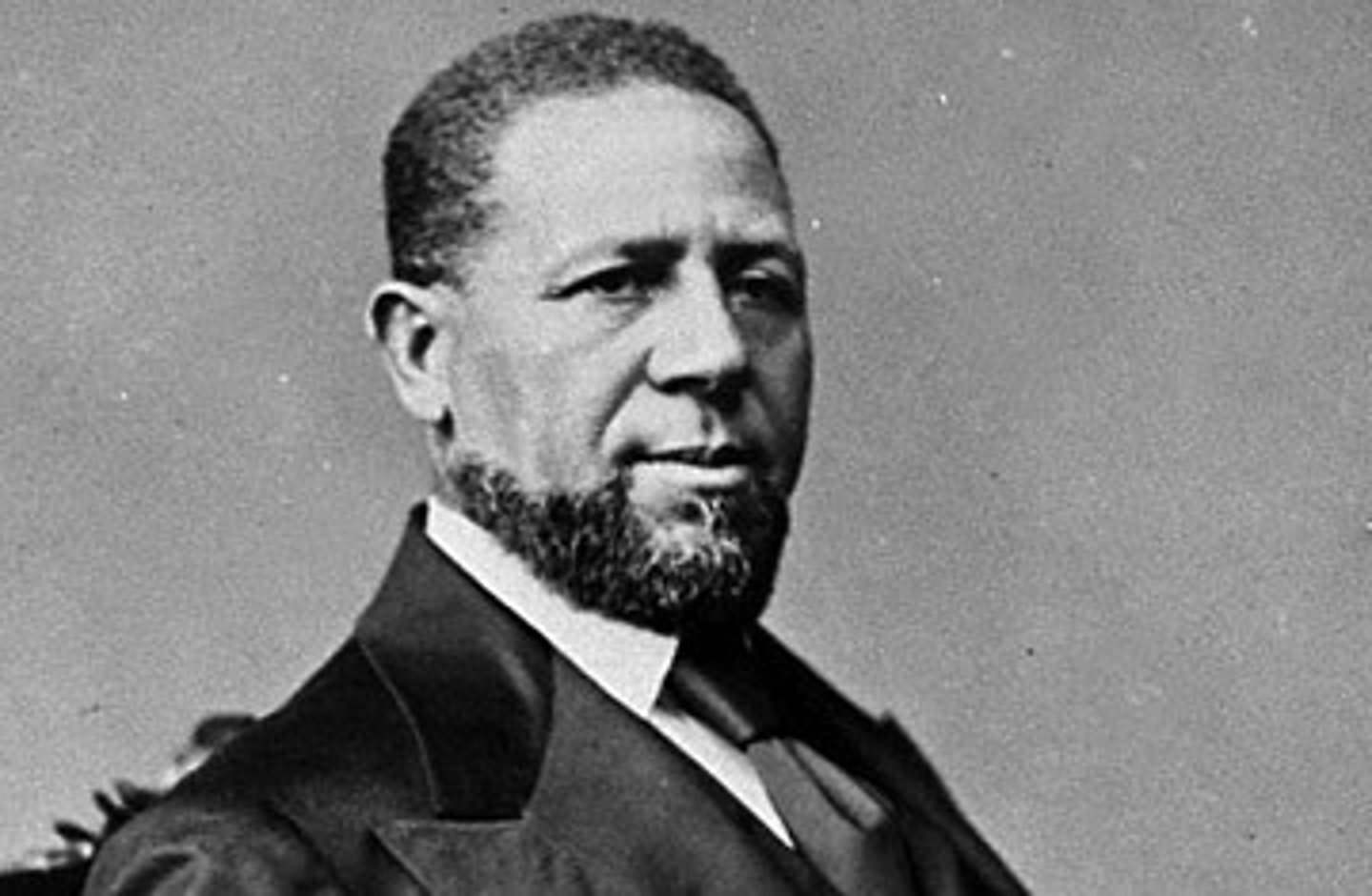
Blanche K. Bruce
An African American Senator that once was a runaway slave, established a school for African Americans during the beginning on the Civil War (page 505)
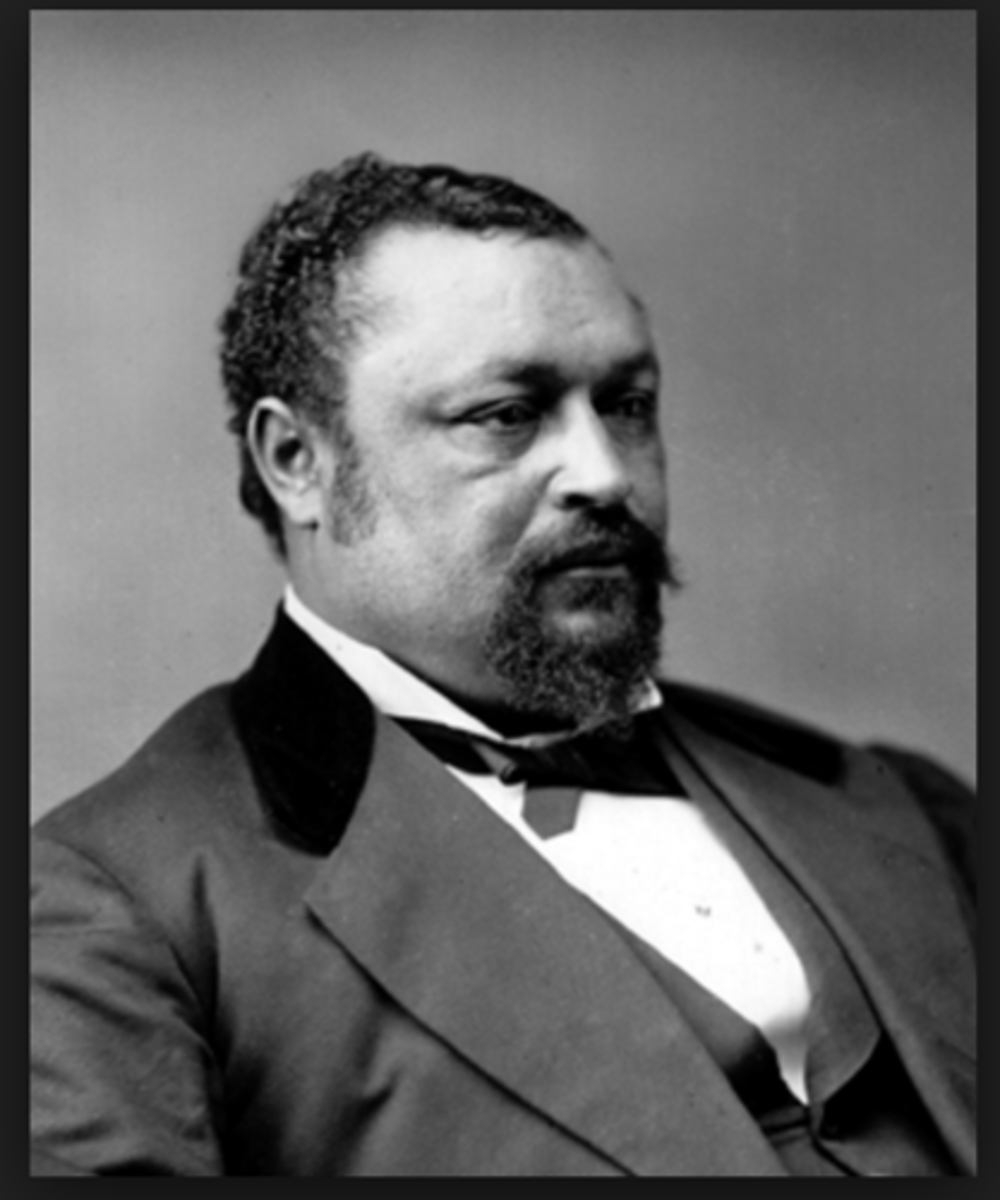
Ku Klux Klan
A secret society that prevented freed African American men and women from exercising their rights by launching midnight rides against them in which they burnt down buildings and killed (page 506)
The three groups that made up the Republican party
African Americans, white Southerners who supported Republican policies, and white settlers from the North (page 504)
Horace Greeley
A newspaper editor from New York, ran against Grant in the 1872 election (page 509)

Amnesty Act
Act passed by Congress in May 1872, pardoned most former Confederates, all white Southerners could vote and hold office again, changed the political balance in the South by restoring full rightist people who supported the Democratic Party (page 509)
Rutherford B. Hayes
A former member of Congress and governor of Ohio, nominated for president by Republicans because of his reputation for honesty and held moderate view of Reconstruction, won the election (page 510)
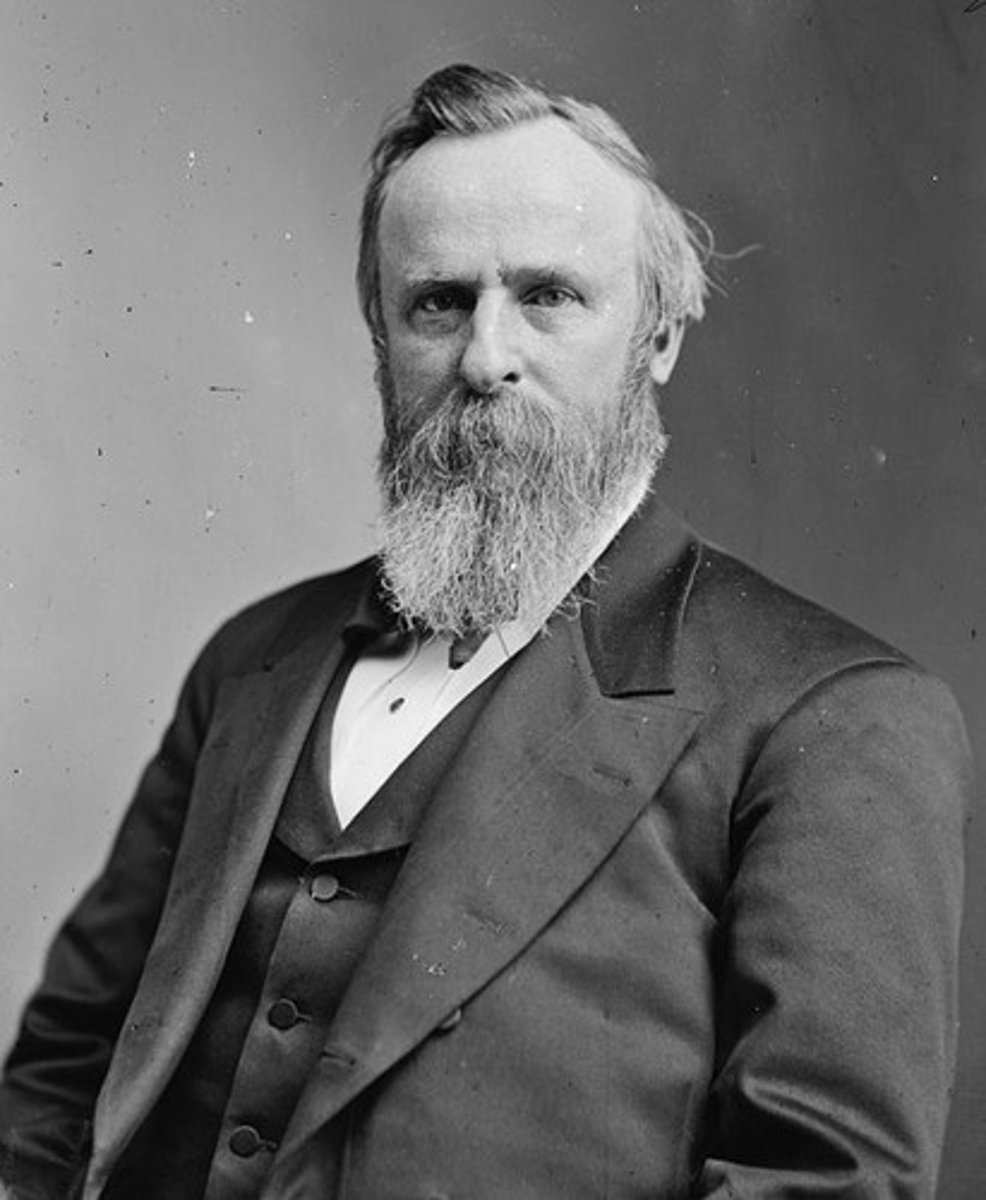
Samuel Tilden
New York governor, nominated for president by Republicans because of gaining national fame for fighting political corruption in New York City (page 510)

Compromise of 1877
Federal troops left the South (page 511)
Redeemers
Name given for Democrats that saved the South from Republican rule (page 513)
Henry Grady
Headed a group that urged Southerners to "out Yankee the Yankees" and build a "New South" (page 514)
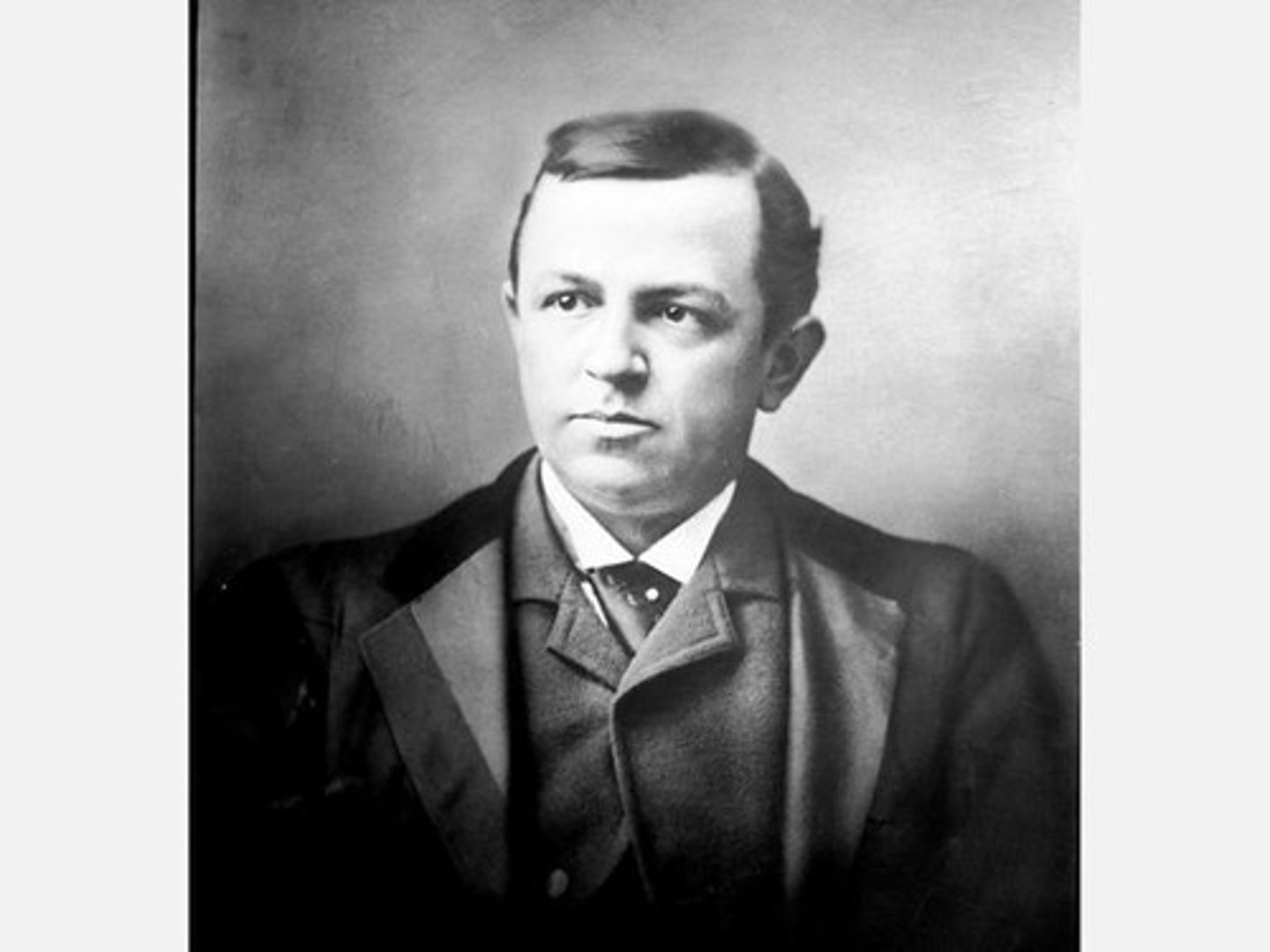
James Buchanan
Founder of American Tobacco Company, which eventually controlled almost all tobacco manufacturing in the nation (page 514)
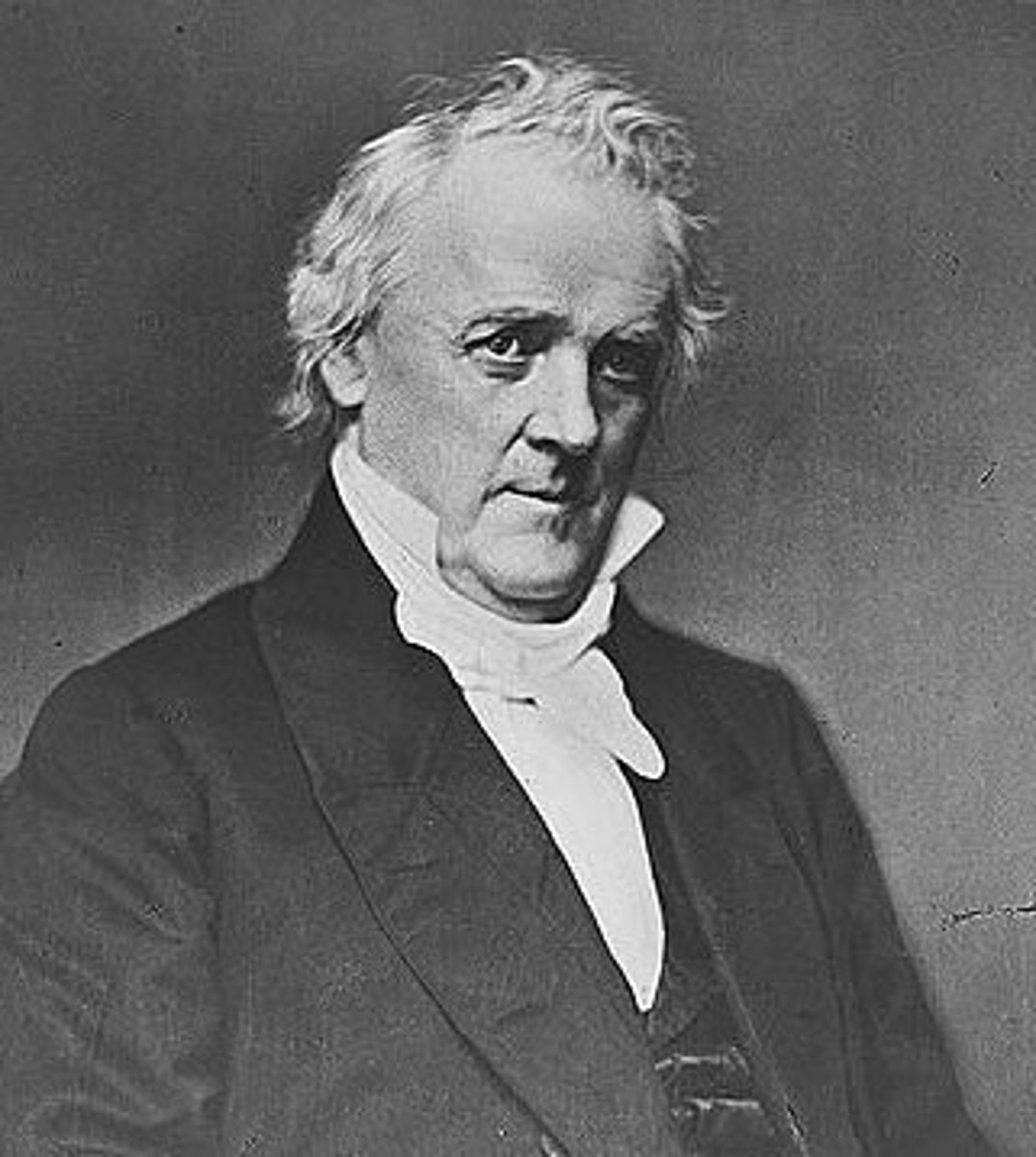
Jim Crow laws
Required African Americans and whites to be separated in almost every public place where they might come in contact with each other (page 516)
Plessy vs Ferguson
Court case that involved a Louisiana law requiring separate sections on trains for African Americans (page 516)
W.E.B. Du Bois
African American writer and civil rights leader, said "The slave went free, stood a brief moment in the sun, then moved back again toward slavery" (page 516)
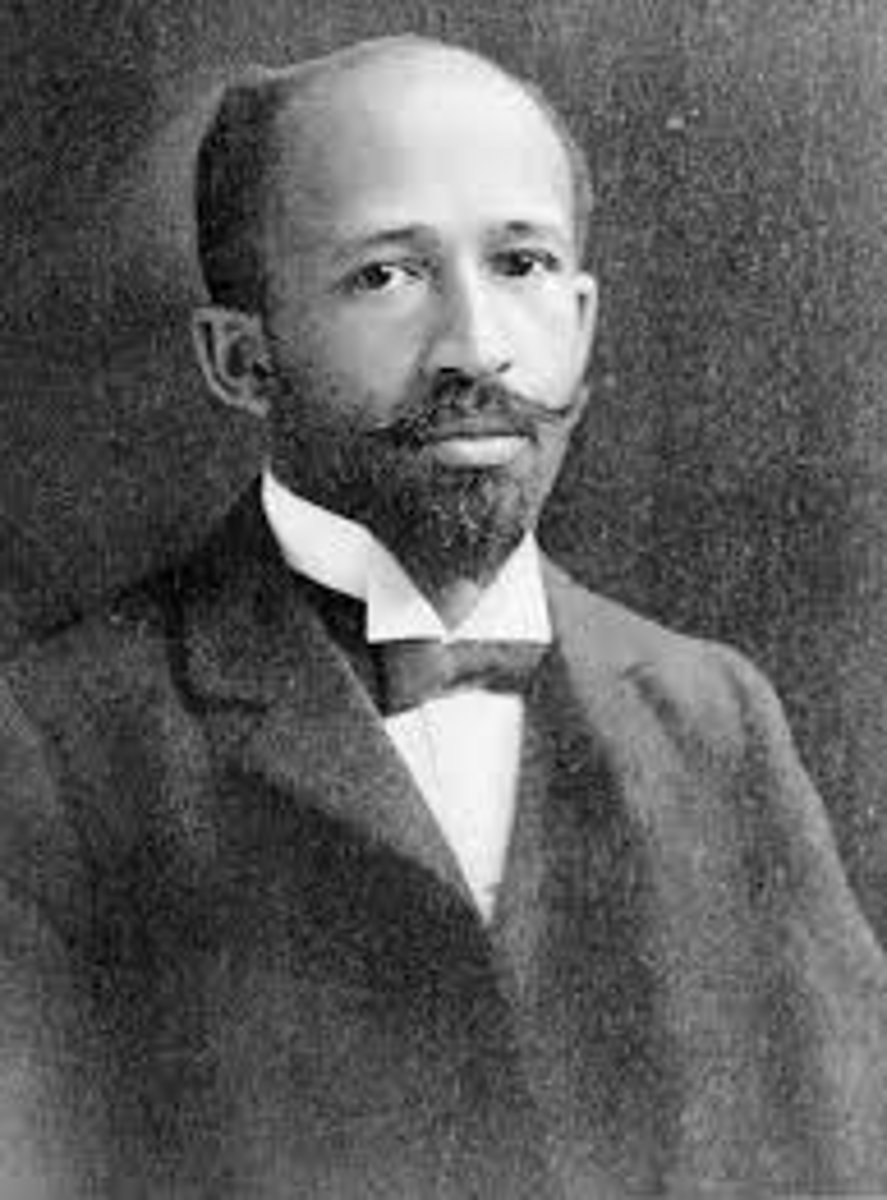
Restrictions on voting rights
How did African Americans lose power after Reconstruction?